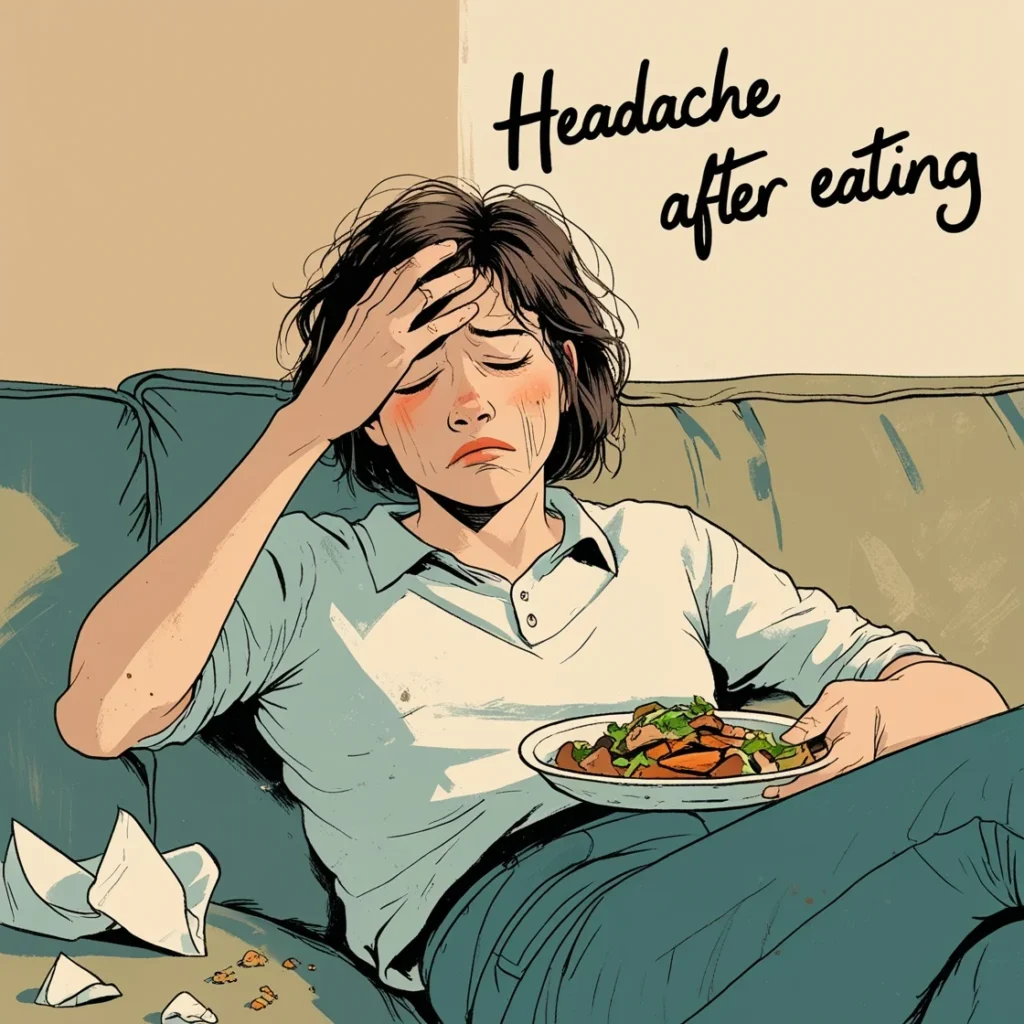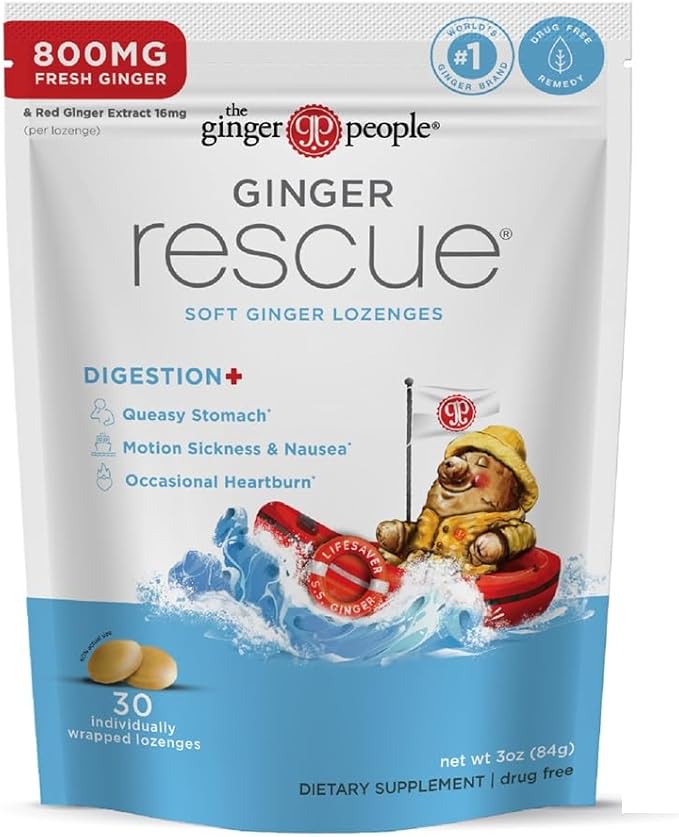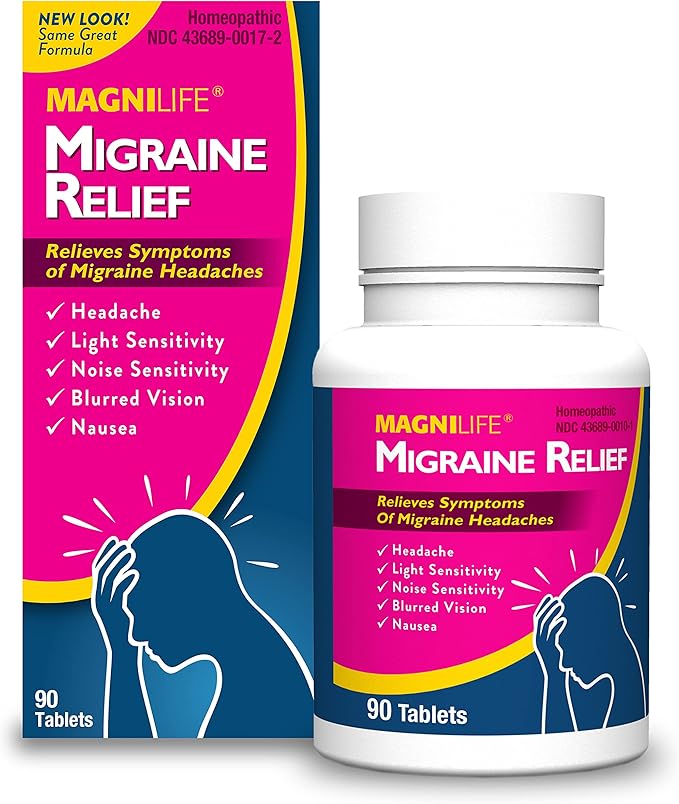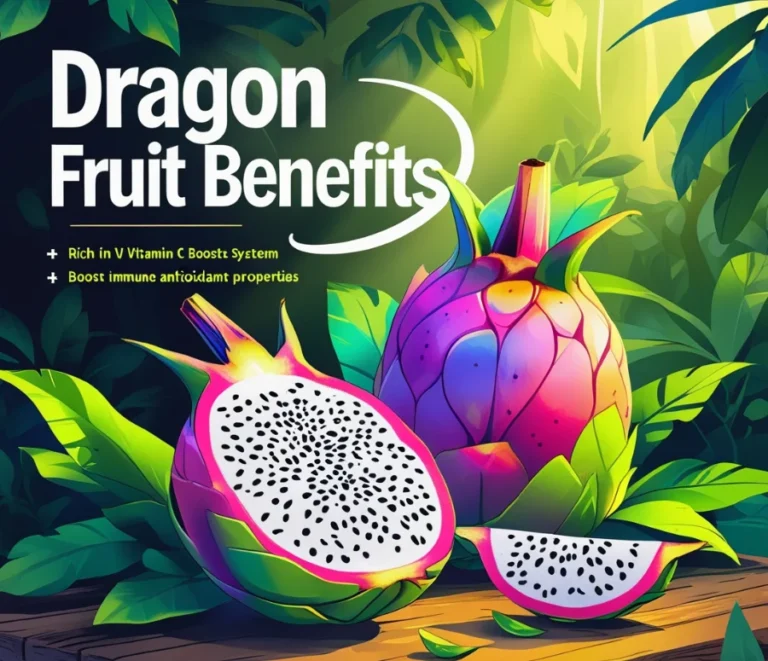Headache after eating
This blog delves into the reasons behind getting a headache after eating and offers practical solutions to manage this troublesome symptom. We’ll explore common culprits that might trigger these headaches, suggest effective treatments, and provide a list of foods to avoid. Additionally, we’ll discuss when these headaches might be a cause for concern and when it’s time to seek medical advice.

Causes of Headaches after Eating
Headaches after eating can stem from various factors, and understanding these causes is crucial for managing and preventing post-meal discomfort. The following are some common causes of headaches after eating:
- Food Allergies: Food sensitivities play a significant role in triggering headaches. When individuals consume foods they’re allergic to, their immune system reacts, leading to inflammation and vascular changes. This response can result in headache development. Common culprits include dairy, wheat, corn, eggs, and processed foods.
- Certain Compounds: Specific foods contain compounds that can provoke headaches in susceptible individuals. Aged cheese, for instance, contains tyramine, which affects blood pressure and can trigger migraines. Similarly, monosodium glutamate (MSG), found in some processed foods and restaurant dishes, has an association with headaches and other symptoms in sensitive people.
- Hypoglycaemia and Low Water Intake: Dehydration and low blood sugar levels contribute to post-meal headaches. Inadequate fluid intake affects overall bodily function, including brain function. Low blood sugar, especially after a meal, can cause changes in the brain’s pain receptors, leading to headaches. This often occurs when individuals haven’t eaten for an extended period or have consumed a meal high in sugar or carbohydrates.
- Caffeine Withdrawal: Withdrawal headaches are common among regular caffeine consumers. A sudden reduction in caffeine intake can lead to these uncomfortable symptoms.
- Alcohol consumption: Over-drinking can cause headaches due to its diuretic effects and the presence of congeners or histamines.
The Ginger People Ginger Rescue Digestive Wellness Lozenges (Soft) | Extra Strength – 800mg | Nausea, Upset Stomach, Motion Sickness, Mild Heartburn, Indigestion, 30 Count.
POWERFUL RELIEF: Ginger Rescue Extra Strength Lozenges offer robust relief from nausea, queasy stomach, motion sickness and occasional heartburn.* Each lozenge contains a potent 800mg of fresh ginger, boosted with red ginger extract for enhanced support.

Remedies For Post Meal Hеadachеs Trеatmеnt
Managing headaches after eating involves a combination of lifestyle adjustments and targeted treatments. Individuals can take several steps to alleviate and prevent these uncomfortable symptoms, such as:
- Staying hydrated is crucial. Drinking enough liquid throughout the day helps maintain proper hydration levels, lowering the likelihood of headaches. Increasing fluid intake in hot weather or during physical activity is especially important.
- Adopting a balanced meal schedule plays a significant role in headache prevention. This includes eating regular meals to stabilise blood sugar levels and avoiding long periods without food. A meal mix of proteins, fats, and carbohydrates can help maintain steady glucose levels.
- Identifying and avoiding trigger foods is essential. A detailed food diary can help pinpoint specific items that may cause headaches. Common culprits include foods that cause allergic reactions or intolerances and those high in refined sugar or carbohydrates.
- For immediate relief, several strategies can be effective:
- Massaging the temples and back of the neck with diluted peppermint oil
- Applying a cold towel to the forehead, temples, or neck
- Resting in a quiet, dark room
- Taking over-the-counter pain reducers
- Engaging in stress-reducing activities such as meditation or soaking in a warm bath with essential oils, such as lavender oil
- For those experiencing “brain freeze” from cold foods or drinks, sipping something warm can help contract blood vessels and alleviate discomfort.
Consulting a doctor is advisable in cases of persistent or severe headaches. They can provide personalised treatment plans, including prescription medications or further diagnostic tests to address underlying causes.
What causes your head to hurt after a meal?
Headaches after eating occur with a variety of pain levels and have several possible causes.
Some people notice that their post-food headaches are especially bad after eating certain foods, or consuming sweets or carbs. Still, others notice a pattern of headaches after every meal.
There are several possible reason for these headaches. Here’s some of the most common:
Postprandial hypoglycemia
Also called reactive hypoglycemia, this condition is characterized by a headache within 4 hours after eating. It’s triggered by a drop in blood sugar levels. Some causes include:
- diabetes
- digestive tumors
- abnormal hormone levels
Food allergy
You may believe that an allergy always carries symptoms similar to allergic rhinitis — such as sneezing or a runny nose — but that’s not always the case. In fact, food allergies can cause a host of reactions, including headaches.
If you’re experiencing headaches after eating a specific food or ingredient, it’s possible that you may be allergic to a food and be unaware of the allergy.
Food intolerance
Different than a food allergy, the symptoms of a food intolerance are almost always digestive in nature. However, in some instances, they can trigger a headache after eating.
TMJ disorders
The temporomandibular joint (TMJ) is the joint that connects your lower jaw (the mandible) to the portion of your skull (the temporal bone) in front of your ear.
TMJ disorders are generally characterized by a popping or clicking sound, or a tight feeling on either side of your jaw when opening and closing your mouth. Because the affected joint is so closely tied to your head area, chewing can also trigger pain and cause a headache.
Cold stimulus
This type of headache is commonly known as a brain freeze or “ice cream headache.” It occurs after eating or drinking something frozen or very cold.
Experts believe it happens due to changes in the blood vessels around certain nerves, in response to cold temperature. This type of headache can be intense, lasting seconds to minutes, but doesn’t require any treatment.
Treating and managing food-induced headaches
Stay hydrated
Be sure to drink enough water throughout the day by paying attention to your thirst.
Staying hydrated is an important part of managing headaches. Not drinking enough fluids, especially in hot weather, can cause you to become dehydrated, adding to headache pain.
Water is typically an ideal choice, since it avoids the added sugar that’s found in juices, flavored coffee, sweetened tea, and other sweetened drinks.
MagniLife Migraine Relief, Fact-Acting, Relieve Throbbing, Pulsating, Stabbing Headache, Ease Nausea, Light & Noise Sensitivity, and Blurred Vision – 90 Tablets.
HOMEOPATHIC MIGRAINE RELIEF – If you suffer from migraines, you know that even the most mundane daily tasks can be a struggle. Migraine Relief contains ten active, homeopathic ingredients to help eliminate the throbbing, pulsating and stabbing symptoms of migraine headaches.

Steer clear of foods and drinks that contain artificial sweeteners since they can aggravate headaches in certain people.
Consider an elimination diet
It’s important to maintain a healthy, balanced diet. But when a balanced diet doesn’t improve your headaches after eating, consider talking to your doctor about an elimination diet.
An elimination diet is done much like a science experience in that you continue to try different food choices to see how you’re impacted by each. This can help you discover food intolerances, sensitivities, and potential allergies.
For example, you may try going a certain period of time without dairy products to see if you still experience symptoms after eating. If your headaches go away during this time, you may have pinpointed a food sensitivity.
If they don’t go away, you can add the dairy back to your diet and eliminate another food that may be the culprit. This process can be continued until a trigger food is revealed. You should always do an elimination diet under the guidance of a doctor or nutritionist.
5 headache trigger
It’s not just stress and nasty colds that cause headaches. Cleaning your home or sleeping in late can cause them too. We reveal 5 headache triggers and how to fix them.
1. Relaxing after stress
You put in 10-hour days from Monday to Friday and you feel fine, only to wake up after a lie-in on Saturday with a pounding headache. Why is that?
It’s because as the tension of the week subsides, your levels of stress hormones drop, which causes a rapid release of neurotransmitters (the brain’s chemical messengers). These send out impulses to blood vessels to constrict and then dilate, which causes a headache.
How to fix it: Avoid the temptation to sleep in at weekends. More than 8 hours’ sleep at a time can bring on a headache. Introduce some relaxation time, such as a yoga class, into your working week, rather than squeezing it all into the weekend.
2. Pent-up anger
When you’re angry, muscles in the back of your neck and scalp tense up, causing a tight band-like sensation around your head. This is a sign of a tension headache.
How to fix it: When you start feeling angry, breathe deeply and slowly. Breathe in through your nose and out through your mouth. This should relax your head and neck muscles.
3. Poor posture
Poor posture causes tension in your upper back, neck and shoulders, which can lead to a headache.
Typically, the pain throbs in the base of the skull and sometimes flashes into the face, especially the forehead.
How to fix it: Avoid sitting or standing in one position for long periods. Sit up straight and support your lower back. Consider using a special headset if you spend a lot of time on the phone, as holding a handset between your head and shoulder can strain muscles and cause headaches.
You could also see a physical therapist, such as an osteopath or Alexander technique practitioner.
They may be able to help you identify and correct any posture problems.
4. Perfume
If you think housework is giving you a headache, you could be right. Household cleaners, along with perfumes and fragranced air fresheners, contain chemicals that can bring on headaches.
How to fix it: If you’re susceptible to headaches brought on by certain smells, avoid heavy perfumes and strong-smelling soaps, shampoos and conditioners. Use fragrance-free air fresheners and household cleaners, and keep your doors and windows open as much as possible at home. If a colleague’s perfume is bothering you, put a fan on your desk at work.
5. Bad weather
If you’re prone to getting headaches, you could find that grey skies, high humidity, rising temperatures and storms can all bring on head pain.
Pressure changes that cause weather changes are thought to trigger chemical and electrical changes in the brain. This irritates nerves, leading to a headache.
How to fix it: There’s not much you can do to change the weather. However, by looking at the forecast, you can predict when you’re likely to have a headache and make sure you have some painkillers ready for when you might need them.






